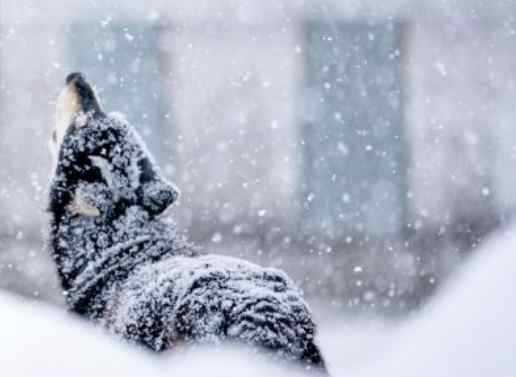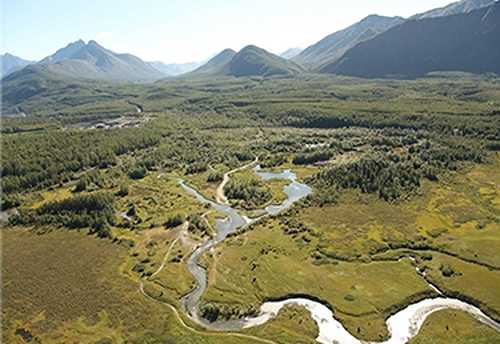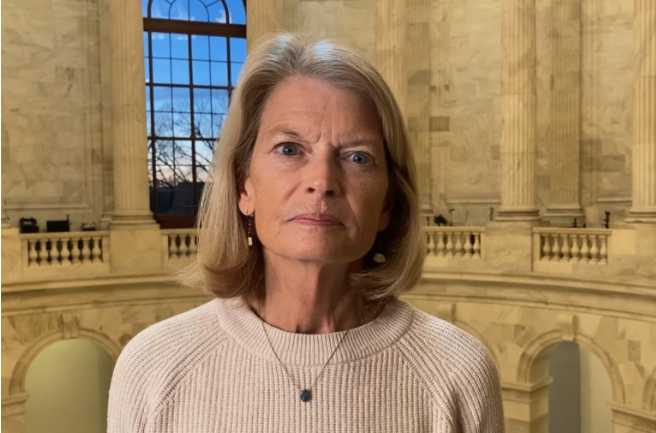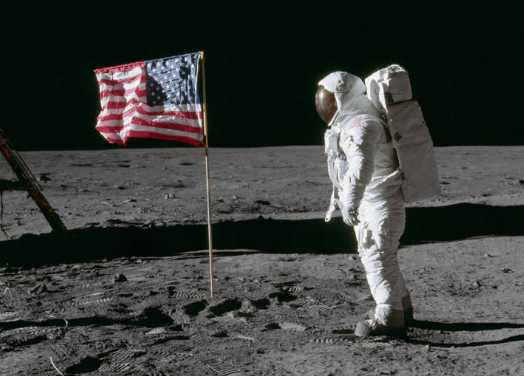[content id=”79272″]
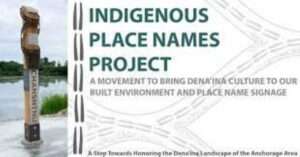
Anchorage, AK – The Indigenous Place Names Project, a community effort to amplify the identity of the Dena’ina Athabaskans of Anchorage, will continue recognizing culturally significant sites with a new grant from the Mellon Foundation. Grant funding comes through the Mellon Foundation’s Monuments Project, a commitment to transform the nation’s commemorative landscape by supporting public projects that reflect the breadth and complexity of American stories and communities. The Anchorage Park Foundation’s $1.7 million award is part of a $250 million investment in telling a more accurate and complete history of place.
The Indigenous Place Names Project will recognize 32 culturally significant sites through a series of public art installations along the municipal park and trail system. Each installation commemorates Indigenous culture, history, and connection to that place. The Indigenous Place Name interpretive signage combines metal art sculptures, Dena’ina language, and storytelling designed by local culture bearers. Three installations have already been completed – Chanshtnu, Nuch’ishtunt and Hkatidali.
The built landscape in Anchorage predominantly commemorates the colonization of Alaska and follows the European practice of naming places after individuals or events. Alaska’s unique and extraordinary history is more completely and accurately represented with the inclusion of Indigenous stories. The Indigenous Place Names Project builds on decades of efforts to make Dena’ina culture more visible and demonstrates that elevating Indigenous identity benefits the entire community in a variety of ways. “Growing up in Anchorage, I saw little evidence of my ancestors,” said Aaron Leggett, president of the Native Village of Eklutna, curator at the Anchorage Museum, and a lead partner on the project. “I’ve made it my life’s work to raise the visibility of Indigenous culture so original inhabitants of this area are never forgotten.”
The project brings many partners together to transform the Anchorage landscape, so Dena’ina and all Alaska Natives see public recognition of their cultures throughout their community. The project is inspiring a larger movement that is deepening understanding of a more accurate collective history of place. Advisory committee members include the Anchorage Park Foundation as the host organization for the project, Native Village of Eklutna, Alaska Native Heritage Center, Anchorage Museum, Rasmuson Foundation, Southcentral Foundation, Cook Inlet Region, Inc., Huddle AK, Municipality of Anchorage, First Alaskans Institute, Cook Inlet Housing Authority, Bristol Bay Native Corporation, and Providence Alaska.
“I am so excited that The Mellon Foundation has invested in this project. It is more than a sign, it is a movement that will impact the identity and people of our community for generations,” said Michael Fredericks, a member of the project team and owner of SALT, an Alaska Native-owned small business that provides community engagement and facilitation consultation. “Forty years ago, I grew up unsure and confused about my identity, and today, my son believes being Indigenous is his superpower.”
The Andrew W. Mellon Foundation is the nation’s largest supporter of the arts and humanities. Since 1969, the Foundation has been guided by its core belief that the humanities and arts are essential to human understanding. The Foundation believes that the arts and humanities are where we express our complex humanity, and that everyone deserves the beauty, transcendence, and freedom that can be found there. Through our grants, we seek to build just communities enriched by meaning and empowered by critical thinking, where ideas and imagination can thrive. Learn more at mellon.org.
###
[content id=”79272″]



